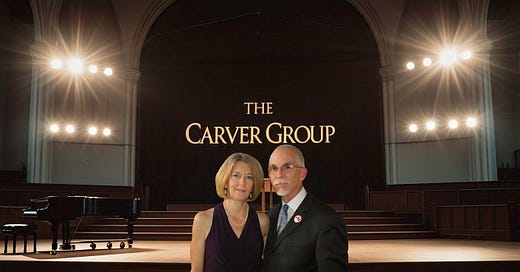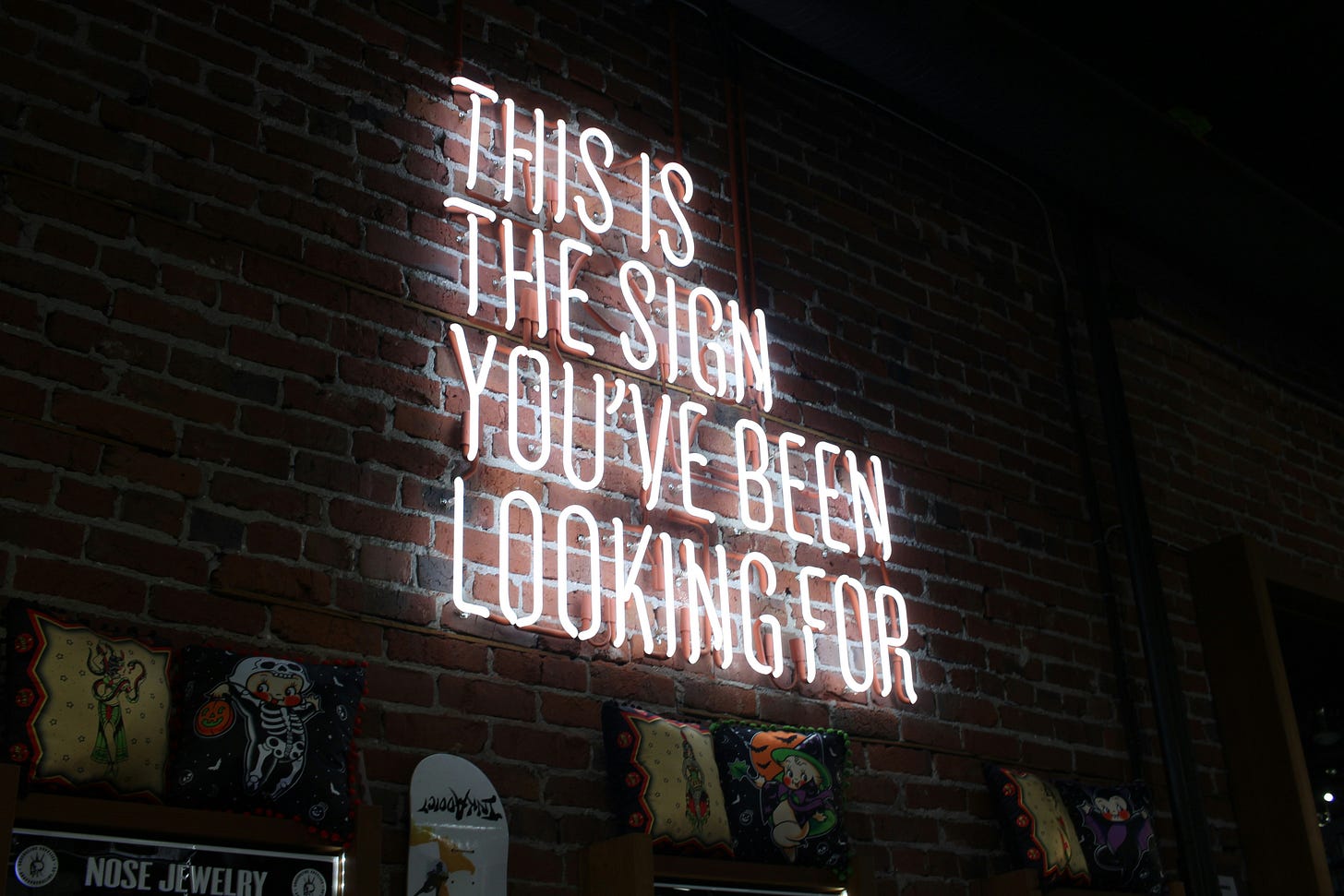The Trap of Sunk Costs
Your brain loves patterns and will fight in amazing ways to maintain those patterns in your life.
When loyalty to your past choices blocks a better future for you, it’s time to dig deep into why you continue to do what you are doing and expecting things to change for the better.
Sunk-cost bias is the tendency to continue an endeavor once an investment in money, effort, or time has been made even when continuing is no longer the best option. It’s why someone might stay in a failing career, toxic relationship, or draining organization not because it’s fulfilling, but because “I’ve already spent 15 years here.”
Cognitive Dissonance kicks in which are the mental discomfort we feel when we hold two conflicting beliefs (“I want to improve my life” vs. “I keep doing things that don’t work”). To reduce that discomfort, the brain justifies the repeated behavior (“Maybe next time it’ll work” or “At least I’m trying”), rather than facing the uncomfortable truth.
Admitting a pattern that hasn’t worked is prone to challenge our identity, decisions and past effort which can feel like personal failure in life.
Change is not for the lazy and weak-minded. It is painful for many people especially when they have been doing the same thing for many, many years.
The emotional traps of such “sunk-cost bias” include:
We confuse commitment with wisdom.
People fear admitting they were wrong.
We value familiar pain over uncertain potential.
There's a subconscious hope that the effort will suddenly pay off.
It is like putting more gas into a car that keeps breaking down just because we’ve already put so much into repairs.
Someone stays in a career they hate because they got a degree in it 20 years ago.
An entrepreneur keeps pouring money into a failing business to "make it work."
People remain in unhealthy friendships because they’ve “known each other since high school.”
“Mark had been in the same job for 18 years. He dreaded Mondays, felt drained every evening, and dreamed of becoming a therapist. When asked why he stayed, he said, “I’ve already put in almost two decades. It’s too late to start over.”
Reassessing what you have been doing, on a regular basis, is a consistent habit of the most successful people throughout history. The ability to “change your mind” based on new fact-based-verifiable-information is a sign of wisdom and not a sign of failure.
Unhealthy, and unwise, routines is a sign of ignorance or that stubbornness is keeping someone from admitting that they have been wrong for a long time.
I had to reach a point in my life, many times, when I asked myself: “What in my life am I holding onto just because of how long I have held onto it?” This question changed me life in positive ways that impacted many people around the world.
Maybe, ask yourself:
If I weren’t already invested, would I start this job/relationship/project today?
Is loyalty to my past worth sacrificing my future? The trap of sunk-costs is real for a lot of people.
The years you’ve spent doing some things does not make them right unless those things are backed up to verifiable facts.
What if you reframed "quitting" what you have been doing that has not proven to provide consistent results as: Course-correcting, Strategic and braver and protecting your future investment of time.
Your brain isn't always on your side when it comes to change. It prioritizes comfort, safety, and identity preservation even at the cost of progress. That’s why self-awareness and reflection aren’t luxuries; they’re essential tools to break the loop.
Life is too short to keep living the wrong story just because you've been in the chapter for years.
I Believe in YOU!
John W. Carver, LUTCF
john@johnwcarver.com





